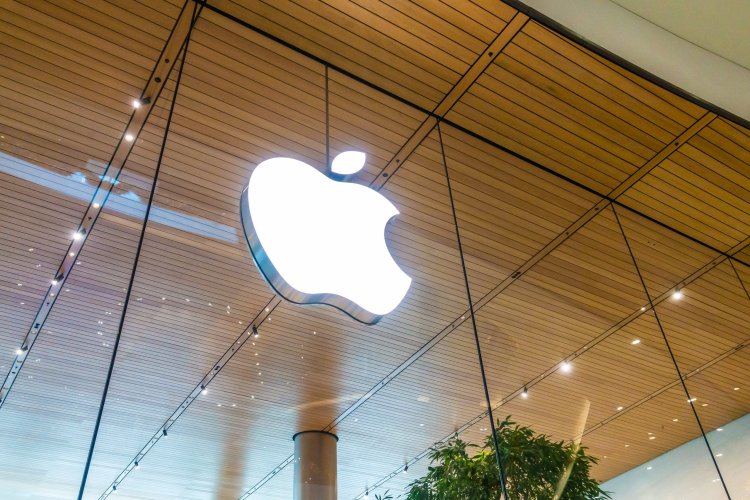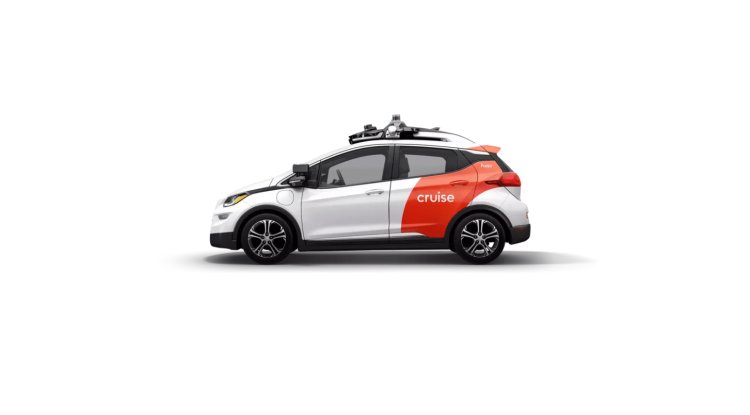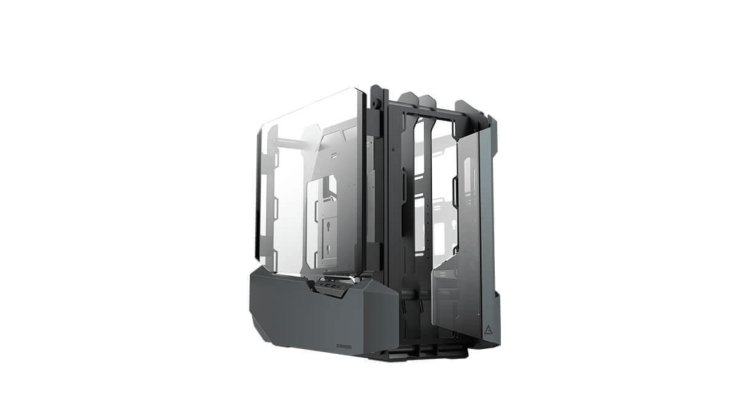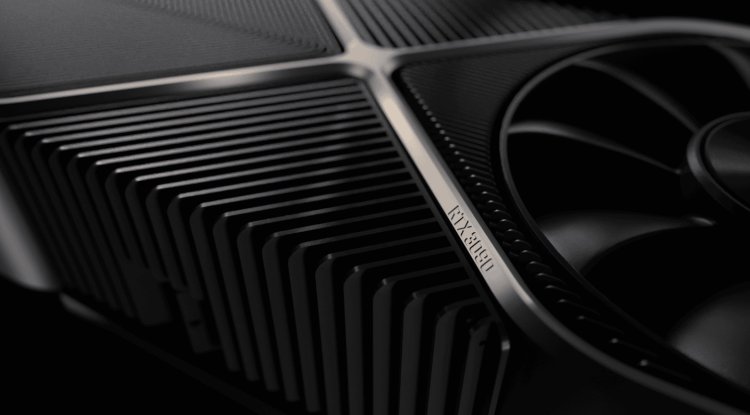The Apple M2 chip could see the light at WWDC

You might say that we've been anticipating the debut of Apple's M2 SoC since around the same time that the M1 was introduced. And please understand that this is not a critique of the first member of the Apple Silicon family.
On the contrary, Apple's introduction of ARM left many of us breathless, and its evolutions within the same generation have done the same, raising tremendous hopes for its successor, the M2.
At first, most bets suggested that the launch of this new SoC would coincide with the release of the long-awaited Mac Pro with Apple Silicon, which would not only signal the end of Apple's relationship with Intel but also confirm that proper use of the ARM architecture can deliver a lot more than most thought just two years ago. Nonetheless, it appears that the Apple M2 will come before the Cupertino workstation.
That is what Mark Gurman, a well-known and famous Apple expert, believes, and who, according to Gizchina, suggests that the M2 could debut in a MacBook Air that will be shown at WWDC 2022.
Something that would be pretty consistent, given that one of the first Apple computers with the M1 processor was the MacBook Air, which was introduced in November 2020, a team that sparked huge curiosity and earned extremely positive reviews from the start.
The Apple M2's technical specifications are mainly unknown to this day. Obviously, we expect a significant improvement in performance, first because of how far the M1 family has advanced, and second because it is the same thing that the business has been doing for years with its A-series SoCs, that is, those that power so many iPhones and iPad models.
Of course, the problem this time is more complex, so we'll have to wait and see what the company's engineers can come up with.
Thus, it appears that this WWDC 2022 may be more interesting in terms of hardware than it appeared just a few weeks ago, first because of this hypothetical debut of the second generation of Apple SoCs with the M2.
And secondly because, as we told you, it also appears likely to be the moment chosen by those from Cupertino to present realityOS and, thus, to tell us for the first time about their entry into the augmented reality and virtual reality markets.





























